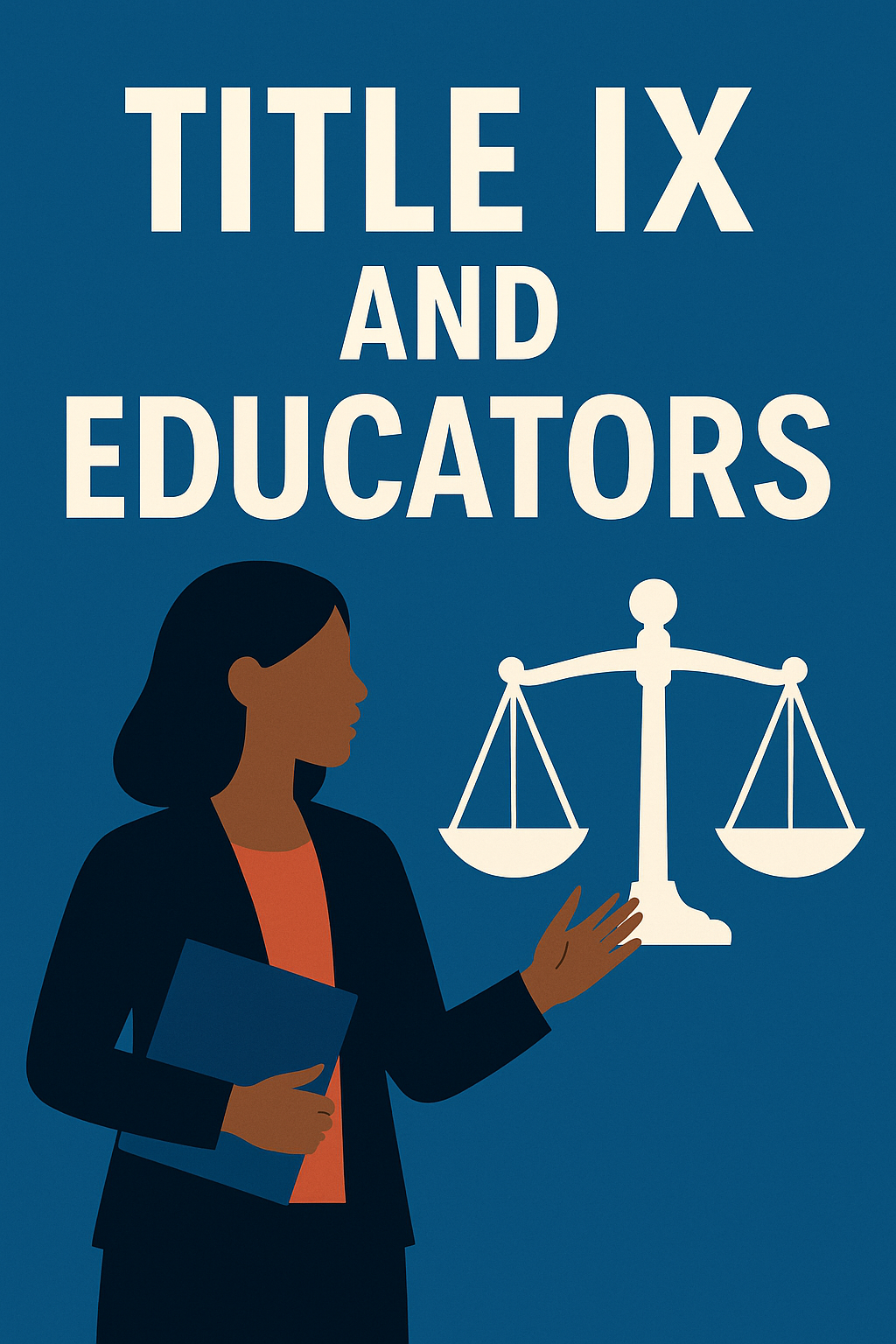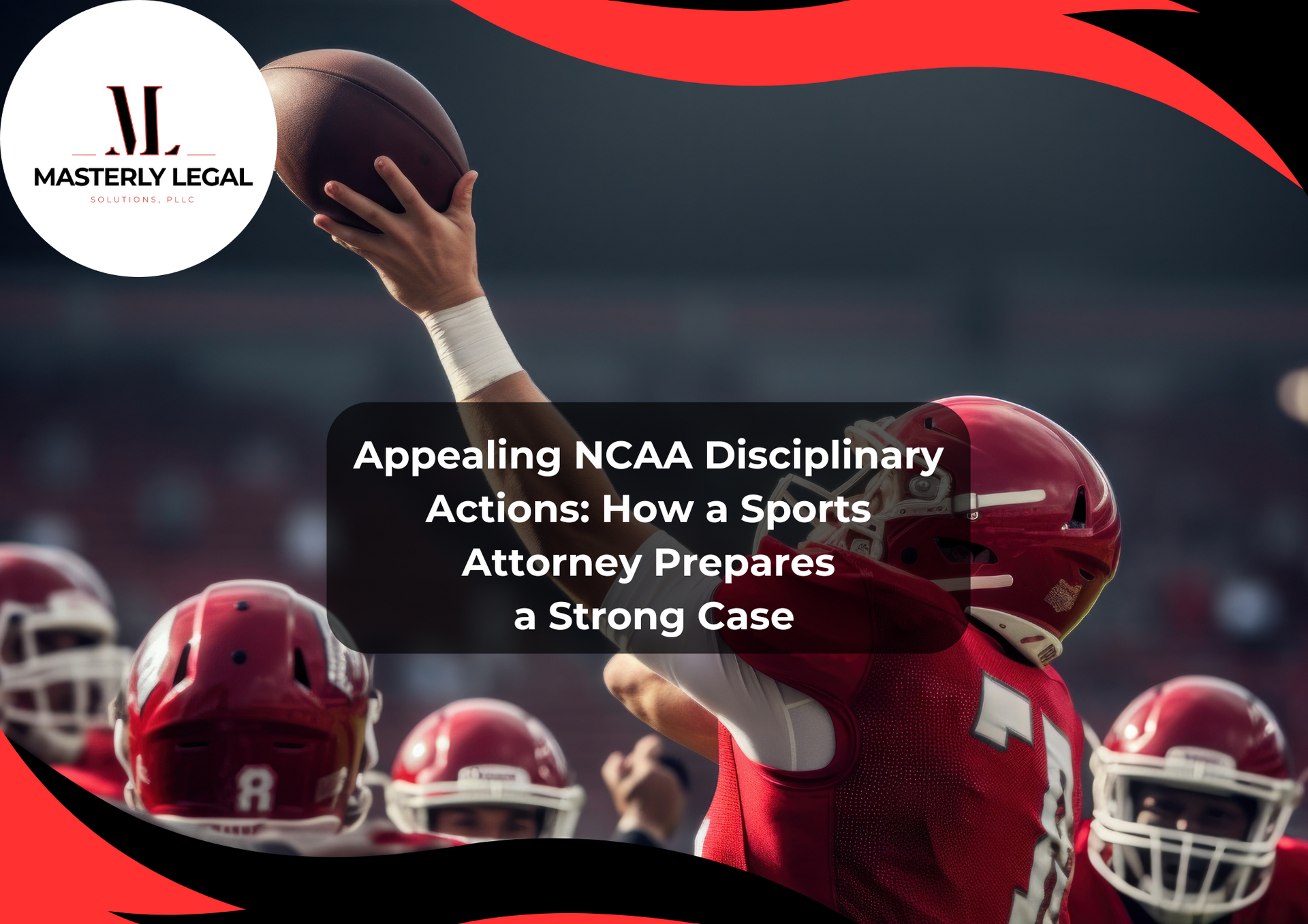The Legal Risks of Neglecting Sexual Harassment Training for Supervisors: What You Need to Know
Sexual harassment in the workplace is a serious issue that carries legal, financial, and reputational consequences for businesses. Employers are legally obligated to prevent sexual harassment, provide training, and enforce policies that protect employees. Despite these requirements, many organizations fail to conduct proper sexual harassment training, putting themselves at risk for lawsuits, penalties, and public scrutiny.
Neglecting workplace harassment prevention training not only violates state and federal laws but also weakens a company’s ability to defend itself against harassment claims. Employers with three or more employees must ensure that supervisory personnel receive sexual harassment prevention training to mitigate liability and foster a respectful work environment.
This article explores the legal risks of ignoring workplace harassment training and why companies must prioritize harassment prevention training to stay compliant and protect their employees.
Understanding What Constitutes Sexual Harassment
To effectively prevent unlawful sexual harassment, it is essential to understand what behaviors are prohibited under state law and federal laws. Sexual harassment is defined by the Equal job Opportunity Commission (EEOC) as unwanted sexual advances, requests for sexual favors, and other sexually suggestive verbal or physical behavior that negatively impacts job circumstances or fosters a hostile work environment.
Some common examples of harassment in the workplace include:
- Inappropriate touching, groping, or physical advances.
- Repeated requests for dates despite rejection.
- Offensive comments, jokes, or gestures related to gender or national origin.
- Displaying sexually explicit images or content in the workplace.
- Threatening an employee’s job if they refuse sexual advances.
Supervisory employees have a heightened responsibility to prevent harassing behavior and take immediate and appropriate action when a complaint is filed. A failure to do so could result in significant legal consequences.
The Legal Ramifications of Inadequate Sexual Harassment Training
Failing to provide anti harassment training to supervisors leaves a company vulnerable to lawsuits, government investigations, and financial penalties. Federal regulations under the Civil Rights Act and various state laws impose strict sexual harassment training requirements for supervisory personnel.
Potential legal consequences for neglecting workplace sexual harassment training include:
- Employment Discrimination Lawsuits – Employees can sue for sexual harassment under Title VII of the Civil Rights Act, resulting in costly settlements or verdicts.
- State and Federal Fines – Agencies like the EEOC and state human rights commissions may impose penalties for non-compliance with sexual harassment training requirements.
- Loss of Affirmative Defense – Without anti harassment training, employers may lose the ability to claim an affirmative defense if they failed to prevent sexual harassment complaints.
- Reputational Damage – A lawsuit or public scandal can tarnish a company's image, leading to loss of clients, investors, and employees.
Many states, including New York, California, and New Jersey, have strict harassment training mandates. Employers operating in these states must conduct annual training for supervisory employees and ensure that new employees receive inclusion training as part of their onboarding process.
How Workplace Harassment Prevention Training Reduces Liability
Investing in harassment prevention training is the most effective way for employers to eliminate sexual harassment and comply with state and federal laws. Effective sexual harassment prevention training should:
- Educate employees on acceptable behaviors and what constitutes harassment.
- Provide training that includes practical examples and scenarios.
- Informing employees about their rights and the company’s sexual harassment policy.
- Developing methods to handle sexual harassment complaints and grievances.
- Conduct additional training for employees in high-risk industries, such as hospitality and healthcare.
Employers who proactively provide training demonstrate a commitment to a respectful work environment, which can protect them in the event of a harassment in the workplace claim.

The Importance of Anti Harassment Training for Supervisors
Supervisors play a crucial role in preventing and addressing workplace harassment. Supervisory personnel who receive anti harassment training are better equipped to handle harassment in the workplace, ensuring a safer environment for all employees.
Employers must:
- Provide anti harassment training at regular intervals to supervisory personnel.
- Ensure workplace harassment training covers sexual harassment prevention policy and disciplinary actions.
- Require supervisory employees to report and respond to sexual harassment complaints immediately.
- Train managers on enforcing grievance procedures and implementing appropriate sanctions for violations.
A lack of harassment training can create a culture where improper conduct goes unaddressed, increasing the risk of litigation.
Online Sexual Harassment Training: A Convenient Compliance Solution
Many states now allow online training programs to meet sexual harassment training requirements. Online sexual harassment training offers a flexible solution for businesses to:
- Train remote or temporary employees efficiently.
- Track compliance with harassment prevention training mandates.
- Reduce costs associated with in-person workplace training.
Employers should verify that online training programs comply with local laws, such as the Ohio Administrative Code or regulations set by the Kansas Human Rights Commission.
Steps Employers Must Take to Prevent Workplace Harassment
To comply with sexual harassment prevention training laws and mitigate risks, employers should take the following steps:
- Implement a Strong Sexual Harassment Policy – A clear sexual harassment policy should outline what constitutes harassment and how sexual harassment complaints will be handled.
- Require Regular Harassment Prevention Training – Conduct workplace harassment training for both supervisory employees and non supervisory employees.
- Ensure an Effective Complaint Process – Employees must have access to grievance procedures to report unlawful harassment without fear of retaliation.
- Conduct Investigations Promptly – Employers must take immediate and appropriate action when addressing sexual harassment complaints.
- Monitor Workplace Culture – A strong emphasis on inclusion training and workplace culture can help discouraging improper conduct.
Failure to comply with sexual harassment training requirements can lead to legal recourse by employees, state agencies, or federal regulators.
The Consequences of Failing to Provide Anti-Sexual Harassment Training
Employers who neglect anti sexual harassment training expose their businesses to lawsuits, regulatory penalties, and workplace conflict. Such training is not just a recommendation—it is a critical requirement under various state and federal laws to protect employees from workplace misconduct, including sexual assault, abusive conduct, and other forms of discrimination based on gender.
A comprehensive employee training program should ensure that existing employees and new hires understand what includes sexual harassment, from inappropriate jokes to quid pro quo situations. In a landmark decision, the New Jersey Supreme Court emphasized the importance of employer responsibility in preventing workplace harassment, reinforcing the need for clear policies and regular training.
Regulatory agencies such as the Nebraska Equal Opportunity Commission enforce legal prohibition against workplace discrimination, and employers who fail to meet compliance requirements risk severe consequences. To avoid costly litigation, businesses must implement robust technical support for reporting harassment and ensuring proper documentation of complaints.
Compliance with the Equal Employment Opportunity Commission’s Training Standards
The Equal Employment Opportunity Commission (EEOC) enforces federal laws prohibiting workplace discrimination, including sexual harassment. Employers must ensure compliance with equal employment opportunity regulations by implementing comprehensive sexual harassment prevention training for all employees, particularly supervisors.
Failure to meet the EEOC’s guidelines can result in investigations, legal penalties, and damage to a company’s reputation. Regular harassment prevention training helps businesses create a culture of respect while reducing the risk of lawsuits and regulatory fines. By aligning with equal employment opportunity standards, employers demonstrate their commitment to a safe and inclusive workplace.
Contact Masterly Legal Solutions for a Free Consultation
Ignoring sexual harassment prevention training for supervisory personnel is a legal and financial risk no employer should take. Masterly Legal Solutions is here to help your business stay compliant, reduce liability, and foster a respectful work environment for all employees.
Our legal team provides expert guidance on:
- Understanding state and federal laws regarding workplace harassment.
- Implementing harassment training programs that meet compliance standards.
- Responding to sexual harassment complaints and ensuring proper handling.
- Developing policies that help eliminate sexual harassment and create a safe workplace.
If you have questions about sexual harassment training requirements or need assistance with workplace harassment training, call Masterly Legal Solutions at (972) 236-5051 for a free consultation.
Notice: This post is not legal advice; it is merely informational in nature. Seek legal advice from an experienced lawyer for advice specific to your company.


Looking for Legal & Business Solutions? Contact Us Now
Fill in the form or call us to set up a meeting












